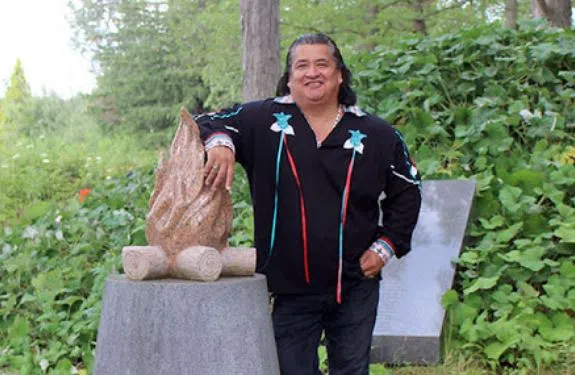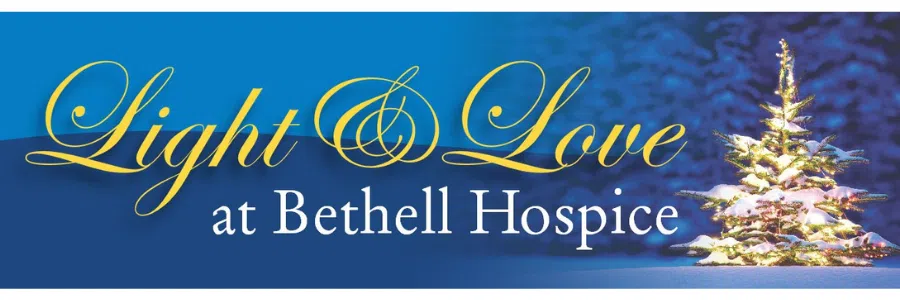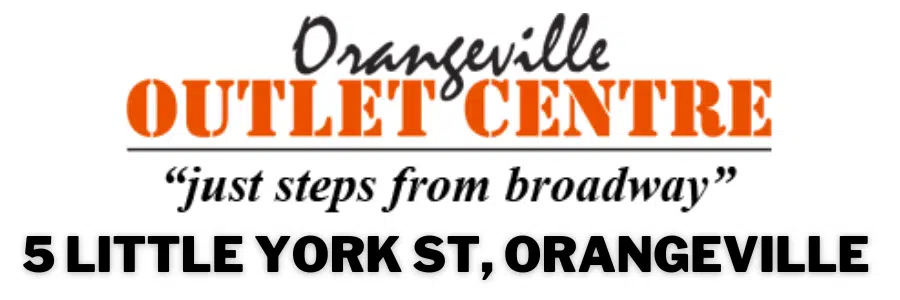Friday, September 30th is the National Day for Truth and Reconciliation.
The day was first declared in 2021 after the discovery of the 215 bodies of children at a Kamloops residential school. To date, the total is roughly estimated to be more than 1800 unmarked graves of those who died at residential schools across Canada.
FM 101 Milton spoke with Mississaugas of the Credit First Nation R. Stacey Laforme when the news broke last year. At the time, he said he was thankful of the people who have mourned, but more needs to be done.
He would add that all Canadians were getting an idea of the history that Indigenous peoples in this country had been dealing with. Laforme wants more to be done towards reconciliation.
Laforme is also a poet, and reconciliation is the name of a poem he wrote. It covers the discovery of the bodies at the Kamloops residential school. Like many of the Chief’s poems, ‘Reconciliation‘ was posted to Facebook where it eventually found its way to musician David Hearn. Hearn asked Laforme if he could add music to the reading and it has since been posted to YouTube.
The National Day for Truth and Reconciliation is a day for mourning, grieving, and learning. The day honours the children who never returned home and Survivors of residential schools, as well as their families and communities.
September 30th is also Orange Shirt Day. It’s an Indigenous-led grassroots commemorative day intended to raise awareness of the individual, family and community inter-generational impacts of residential schools, and to promote the concept of “Every Child Matters”. The orange shirt is a symbol of the stripping away of culture, freedom and self-esteem experienced by Indigenous children over generations. Learn about Orange Shirt Day here.
Monique Gray Smith has provided a valuable resource where she uses children books to speak with kids about residential schools. Learn more here.
A 1-hour national commemorative gathering will be broadcast live from Ottawa’s LeBreton Flats on Friday, September 30th.
The following has been taken from the federal government’s website regarding the Truth and Reconciliation Commission and its calls to action:
There were 140 federally run residential schools in Canada that operated between 1867 and 1996. Survivors advocated for recognition and reparations and demanded accountability for the intergenerational impacts of harms caused. Their efforts culminated in:
- the Indian Residential Schools Settlement Agreement;
- apologies by the government;
- the establishment of the Truth and Reconciliation Commission; and,
- the creation of the National Centre for Truth and Reconciliation.
The Truth and Reconciliation Commission ran from 2008 to 2015 and provided those directly or indirectly affected by the legacy of the residential schools policy with an opportunity to share their stories and experiences. The Commission released its final report detailing 94 calls to action. The National Day for Truth and Reconciliation is a direct response to Call to Action 80, which called for a federal statutory day of commemoration.
The National Centre for Truth and Reconciliation has become the permanent archive for the statements, documents and other materials the Commission gathered. Its library and collections, as well as its National Student Memorial Register, are the foundation for ongoing learning and research.
You can learn about:
- Indigenous peoples and their cultures;
- Indigenous languages;
- Indigenous history in Canada;
- Reconciliation;
- Funding; and,
- Residential schools missing children.
You may also like to know about:
- Town of Milton unveils new orange crosswalk;
- Join a Walk to Remember the Children on September 30th;
- Here’s what the Town will be doing on the National Day for Truth and Reconciliation;
- Tim Hortons brings back the Orange Sprinkle Donut Campaign in support of Orange Shirt Day;
- Halton District School Board shares plans for National Day for Truth and Reconciliation;
- Catholic schools across Halton to acknowledge National Day for Truth and Reconciliation; and,
- My story on Sophie Thrasher, an Indigenous woman forgotten by an entire system.
















